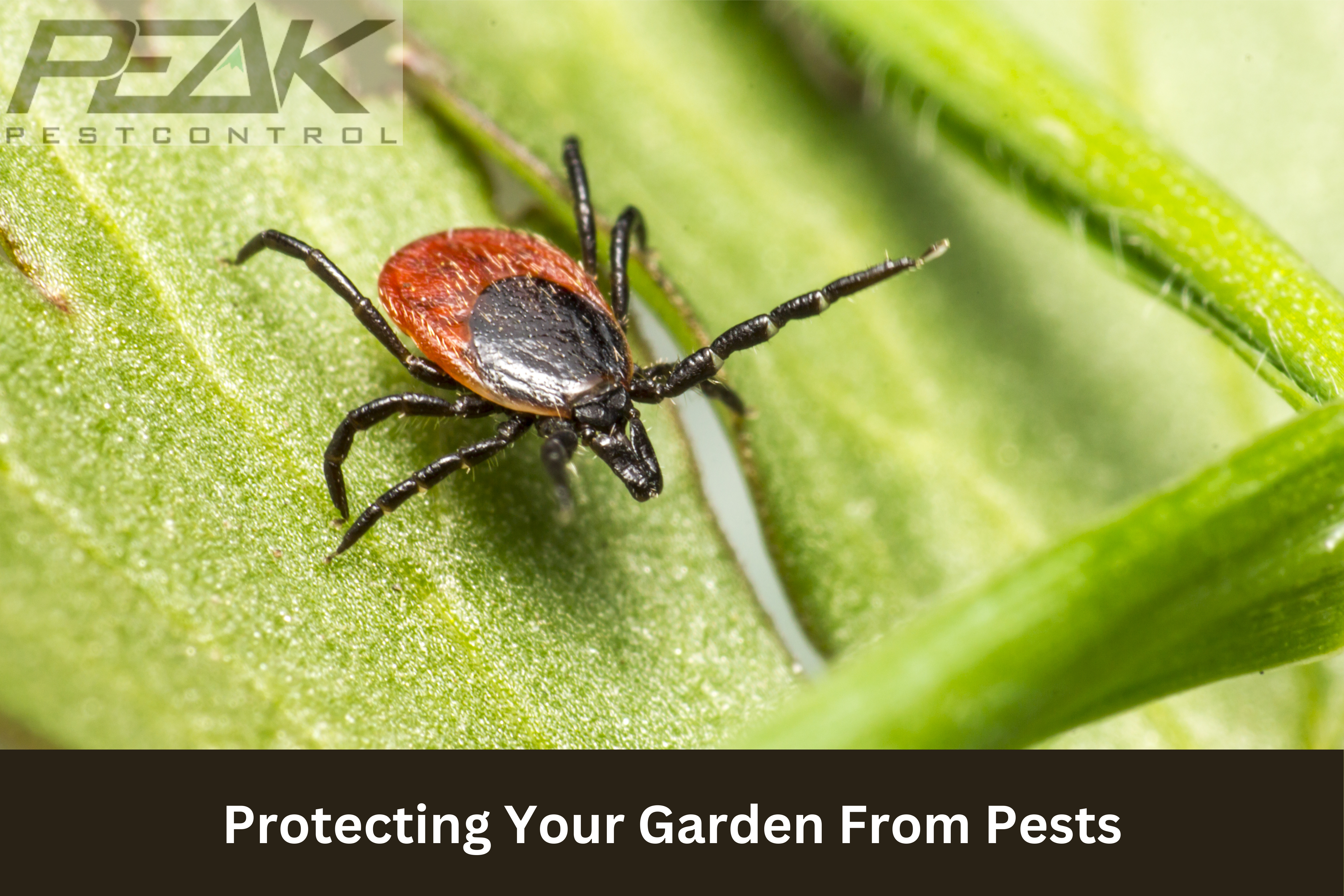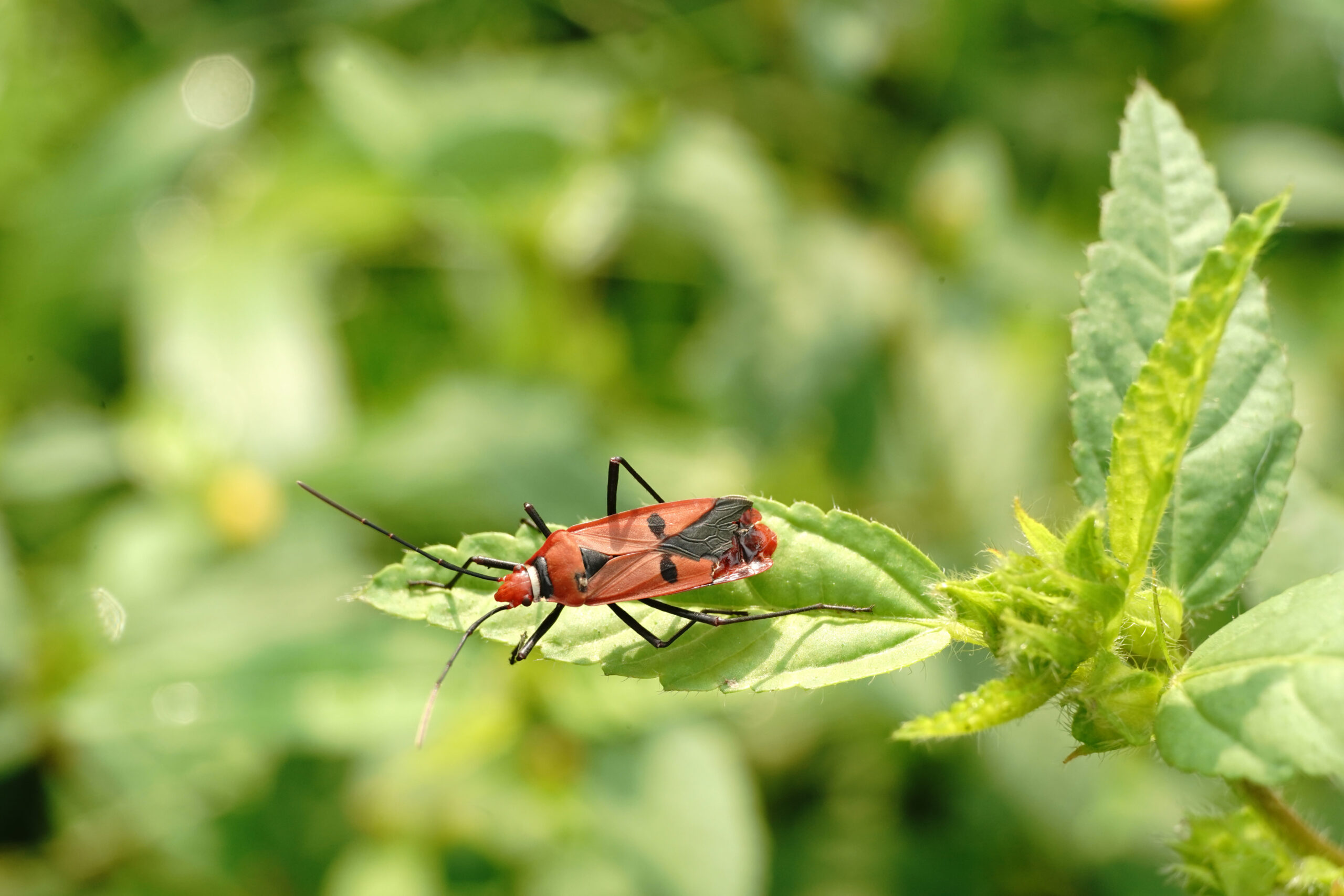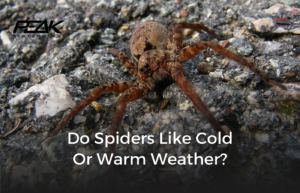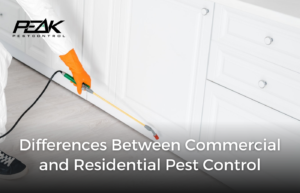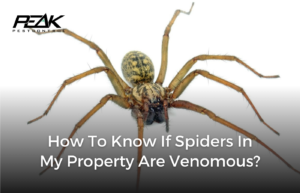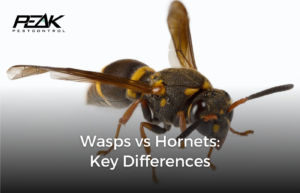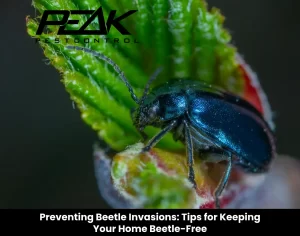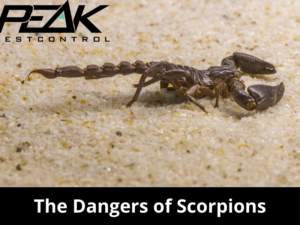Maintaining a healthy garden is pleasurable, but annoying insects may rapidly transform it into a conflict. In this blog, we’ll go over crucial gardening tips for protecting your garden from common pests. From natural pest deterrents to companion planting, we’ve got you covered.
Garden Pest Prevention
Understanding Garden Pest Behavior
Consider these pest-controlling gardening tips to improve your gardening experience. Begin by learning about the behaviour of local pests in your area, such as aphids and caterpillars. Please familiarize yourself with their life cycles to implement focused preventative strategies.
Choosing the Right Plants
Incorporate these gardening tips into your strategy by choosing plants that naturally repel pests. Marigolds, chrysanthemums, and lavender are lovely choices because they are natural repellents to common garden pests. These hardy plant selections will help to fortify your garden’s defences.
Regular Inspection
Use proactive gardening tips and conduct frequent inspections to maintain a healthy garden. Regularly inspect plants for symptoms of pest infestation, such as discolouration, wilting, or strange marks. Early discovery with continuous examination enables timely intervention, ensuring the general health of your garden. This proactive approach to gardening will help you stay ahead of any challenges.
Natural Pest Deterrents
Beneficial Insects
Introducing beneficial insects like ladybugs and predatory beetles into your garden is one of the natural and practical gardening tips for pest control. These insects serve as biological control agents, preying on dangerous pests and contributing to a healthy ecosystem.
Neem Oil and Garlic Spray
Incorporating gardening tips like neem oil or garlic spray as natural pest deterrents interrupt
pests’ feeding and reproductive patterns. These non-toxic alternatives protect your plants while reducing environmental harm, making them valuable gardening tips for pest management.
Composting for Healthy Soil
Engaging in composting is one of the valuable gardening tips to build healthy soil, which is crucial for insect prevention. Composting enhances soil fertility and increases pest resistance, providing a gardening tip for creating a healthy and nourishing environment for plant growth.
Companion Planting
Companion Planting Basics
Gardeners intentionally plant specific crops to support and protect each other in companion planting. For example, growing basil near tomatoes can naturally discourage pests, creating a more harmonious and robust garden environment.
Deterrent Plants
Incorporate deterrent plants into your garden to strengthen its defences. Mint, when planted, functions as a natural ant repellent, whereas nasturtiums successfully discourage whiteflies, decreasing the need for chemical interventions and promoting a healthier garden environment.
Crop Rotation
Crop rotation entails shifting the positions of crops in your garden each season. It disrupts the life cycles of soil-borne pests and diseases, lowering the chance of infestation and improving soil health, resulting in a more muscular and sustainable garden.
What Are The Signs Of A Pest Infestation In My Garden?
Unexplained Plant Damage
Signs of uneven damage to your plants, such as holes in leaves, chewed edges, or wilting, may indicate a pest infestation. Keep an eye out for any changes in your plants’ look.
Droppings or Residue
Pest droppings and residue on plants may indicate an infestation. Insects like aphids or scale insects might leave these leftovers. For these clues, look under leaves and in other hidden places.
Distorted Growth
Distorted or stunted development in plants may indicate pest infestation. Some insects secrete poisons while feeding, resulting in aberrant development patterns. Monitor the general health and structure of your plants.
Yellowing or Discoloration
Sudden yellowing or discolouration of foliage may indicate a pest infestation. Certain pests, such as spider mites, suck plant juices, causing discolouration. Inspect your plants regularly for unexpected colour changes.
Wrap Up
Check your garden for pests once a week. Regular checks help detect any undesirable guests early, keeping your plants happy. Look under leaves, around the earth, and long stems. If you see pests, deal with them right away. Protecting your property against undesirable pests requires a thorough approach and the skills of professionals.
Peak Pest Control is eager to be your valued partner in your goal. Our pest control Sparks NV, pest control Carson City NV, and pest control Reno NV services can keep your house pest-free. Protecting your landscape or securing your living area, you can count on us to provide effective and dependable solutions. Contact our experts today for more gardening tips and pest-free environments.

